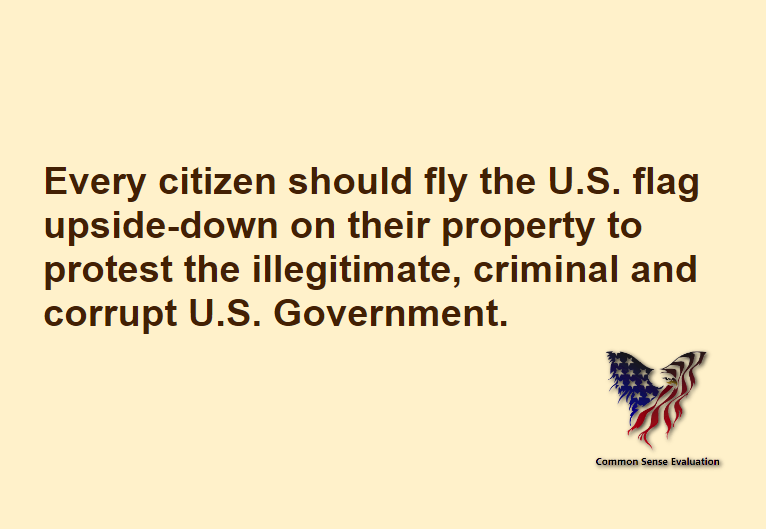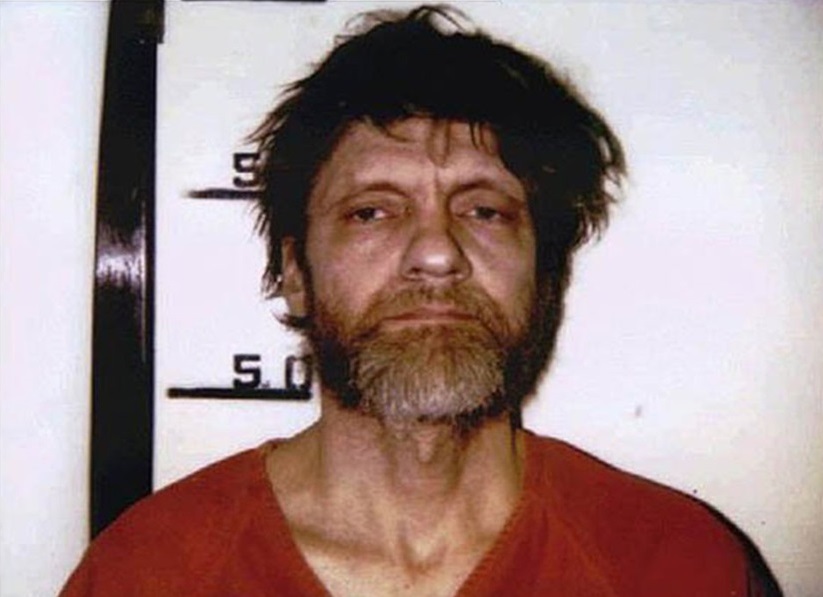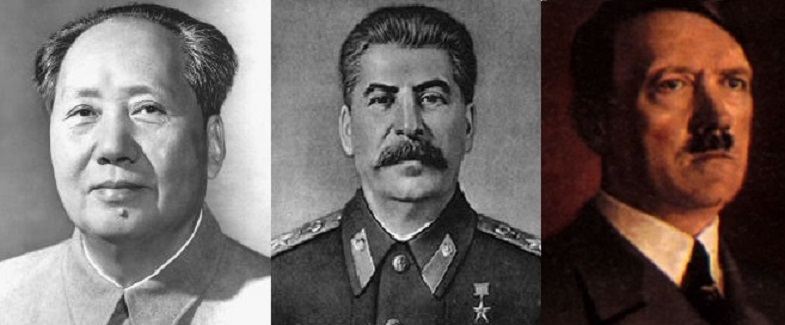Every citizen should fly the U.S. flag upside-down on their property to protest the illegitimate, criminal and corrupt U.S. Government.
Random Riddle: Another Way to Say It
Joke Of The Day: You Should See My Wife
MKULTRA and the Unabomber: The Intriguing Connection
The MKULTRA program, infamous for its unethical mind control experiments conducted by the CIA, took place in the shadows of secrecy. While MKULTRA’s activities are well-documented, one intriguing connection that emerged in later years is the involvement of Ted Kaczynski, also known as the Unabomber. This article explores the surprising link between MKULTRA and Kaczynski, shedding light on a complex narrative that blurs the boundaries between conspiracy theories and reality.
MKULTRA’s Mind Control Experiments
MKULTRA, a covert CIA program, aimed to explore techniques of manipulating human behavior and expanding the agency’s capabilities in interrogation and control. The program involved administering mind-altering substances, such as LSD, to unwitting subjects and testing various methods like hypnosis and psychological torture. While the program’s true extent was shrouded in secrecy, the revelation of its unethical practices caused public outrage and calls for accountability.
Ted Kaczynski’s Background
Ted Kaczynski, the man who would later become the Unabomber, led an enigmatic life. After graduating from Harvard University, he pursued an academic career as a promising mathematician. However, he abruptly withdrew from society in 1971 and retreated to a remote cabin in Montana. Over the course of two decades, Kaczynski orchestrated a bombing campaign that targeted individuals associated with technology and modern industrial society.
The MKULTRA Connection
In the aftermath of Kaczynski’s arrest in 1996, evidence emerged suggesting a potential link between MKULTRA and his radicalization. It is believed that Kaczynski was subjected to psychological experiments while he was a student at Harvard, where he participated in controversial psychological research conducted by Dr. Henry Murray. Some theories propose that these experiences, coupled with Kaczynski’s growing disillusionment with technological progress, played a role in his descent into violence.
Controversy and Criticism
While the MKULTRA-Unabomber connection has sparked intrigue and speculation, it is essential to approach this topic with caution. The evidence linking Kaczynski to MKULTRA remains largely circumstantial, with no concrete proof that he was a direct subject of the program’s mind control experiments. Additionally, some argue that attributing Kaczynski’s actions solely to his alleged involvement in MKULTRA overlooks the complex web of personal, psychological, and ideological factors that contributed to his radicalization.
Unanswered Questions and Unresolved Mysteries
The potential connection between MKULTRA and the Unabomber leaves a trail of unanswered questions and unresolved mysteries. Did Kaczynski’s experiences at Harvard and his alleged involvement in mind control experiments contribute to his later actions? To what extent did his radical ideology intersect with his experiences? These questions remain open to interpretation and further investigation.
Final Thoughts
The intersection between MKULTRA and the Unabomber represents a captivating yet controversial narrative. While the evidence linking Ted Kaczynski to the mind control experiments conducted under MKULTRA remains speculative, it raises important questions about the potential consequences of unethical government activities. Whether this connection serves as a warning against the dangers of unbridled experimentation or as a distraction from the broader motivations behind Kaczynski’s actions, it underscores the need for continued examination of the shadowy history of MKULTRA and its potential impact on individuals and society.
History’s Tyrants: Mao, Stalin, and Hitler – Gun Confiscation and Its Devastating Aftermath
Examining the historical examples of Mao Zedong, Joseph Stalin, and Adolf Hitler provides us with profound insights into the consequences of gun confiscation by oppressive leaders. This article delves into their regimes and explores their approaches to gun control, shedding light on the consequences that followed.
Mao Zedong’s China
Mao Zedong, the founder of the People’s Republic of China, implemented strict gun control policies to solidify his power and suppress dissent. Private firearm ownership was heavily regulated, making it difficult for citizens to possess weapons. This disarmament left the population defenseless against the excesses of Mao’s regime.
Aftermath: The disarmament of the Chinese population had dire consequences. With citizens left defenseless against the excesses of the regime, Mao’s Great Leap Forward and Cultural Revolution resulted in the deaths of tens of millions. The absence of firearms allowed these atrocities to persist unchallenged, highlighting the grave dangers of disarming a populace under oppressive rule.
Joseph Stalin’s Soviet Union
Joseph Stalin implemented stringent gun control measures in the Soviet Union, severely limiting private firearm ownership. These policies were justified as necessary to maintain control, suppress dissent, and prevent potential uprisings.
Aftermath: The disarmament of the Soviet population played a significant role in Stalin’s consolidation of power and the establishment of his totalitarian regime. Millions of people were subjected to forced labor, persecution, and mass executions. The lack of access to firearms stifled any potential resistance, enabling the perpetuation of an oppressive system.
Adolf Hitler’s Germany
Adolf Hitler’s Nazi Germany exploited gun control as a means to consolidate power and further their oppressive ideology. The Weapons Act of 1938 effectively disarmed targeted groups, particularly Jews, as part of a broader strategy to facilitate their persecution and eventual genocide.
Aftermath: Disarming targeted groups removed any means of self-defense and allowed Hitler’s regime to carry out the Holocaust with little resistance. The consequences were unimaginably tragic, emphasizing the dangers of government-mandated disarmament and the suppression of individual rights.
The historical examples of Mao Zedong, Joseph Stalin, and Adolf Hitler vividly illustrate the tragic consequences of gun confiscation by oppressive leaders. In each case, disarmament allowed these dictators to consolidate power, perpetrate mass atrocities, and maintain oppressive regimes.
These examples serve as stark warnings, reminding us of the dangers inherent in disarming a population and undermining individual rights. They emphasize the critical importance of safeguarding the fundamental right to self-defense and the need for vigilant protection of human rights in the face of authoritarianism.




